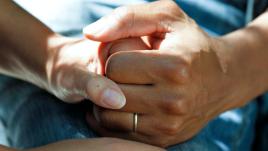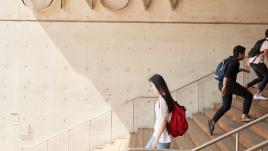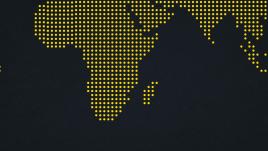Breaking the Bias with Jessie Tu
What can we do to destroy limiting gendered stereotypes? Does the answer lie in fictional books and reading? 2021 UNSW Young Alumni Award winner and author Jessie Tu shares her honest thoughts as she explores the 2022 International Women’s Day theme of ‘Breaking the Bias.'
1. What does ‘breaking the bias’ mean to you?
I suppose it means a lot of different things to me, but mostly, at the centre of that idea is trying to challenge my own thinking, and always being very alert and on the lookout for assumptions that can lead to a narrowing of world-views. I’m very hyper-sensitive to comments that box people into categories, and so I’m always thinking ‘Why did this person say that about that thing?’, they must think so and so, and that so and so often means they have this idea of how the world appears, and anything straying outside that view they don’t compute, which is disappointing.
2. How is this exemplified in the work you do?
It’s so hard to do this on an active, consistent level, because the world still operates under so many biases (I mean, just look at the way children of various genders are still raised – the world still operates largely under the assumption that a child is either a girl or a boy.) It’s hard to do anything that spreads into some sort of extensive, collective change, so I try to think in smaller terms – how I can police my own bias and thoughts and quash those that still linger, since my ideas about gender, patriarchy, power, personhood and race are all relatively new. I’m still learning, I’m relatively new to this idea of being wholly aware of my body as something that is outside of whiteness, outside of traditional, accepted metrics of power.
3. What actions do you think we can take to continue breaking the bias and shattering stereotypes?
Read more books. I think that reading more fiction by women especially will change the world. I really think that the moment a work of art by a woman is taken as seriously as that made by a man, is when the world will be a better place. I recently read an interview with one of my favourite writers, Sheila Heti, where she admits that books by women still get treated differently from those by men. She gave an example of how this young white male author, Sean Thor Conroe, wrote this autobiographical fiction book which is about a twenty-something man struggling through a series of odd jobs in America trying to become a published writer, and critics of the book would give Conroe the benefit of the doubt and assume he knows what he’s doing, that he’s made conscious choices, no one was saying ‘[The character] is the author. Whereas Sheila’s books, like Motherhood, (about her personal dilemma about whether or not to have children) critics were very critical of the character as a person, and everyone just thought the character was Shelia herself.
I read that interview and that part especially and I was just like, “Gah, there really is no hope for me as a writer to be taken seriously, to have my work assessed in the way a man’s book is assessed.”
I honestly don’t know how things are going to change, but I think reading more fiction by women really will change the world in some concrete way. I don’t know how to explain it, but I know it as the truest thing I can come up with at this moment in time.
4. Who do you think is already doing this well?
I’m not sure, to be honest, I feel like this question can also be framed as like, who do you look up to, and I am so weary about role models. I don’t want to look up to anyone, but I like traits that people have, and try to emulate what I like. I love the ruthless intelligence and kindness and principality of my friend, S.L Lim, one of the country’s best fiction writers. They are very well read and stick to their values so whole-heartedly. I’ve never met anyone like them. They make me believe the world might be salvageable, that there are people who are really creating real change, not just pretending to.
Hear more from Jessie and our 2021 UNSW Alumni Award winners here.








